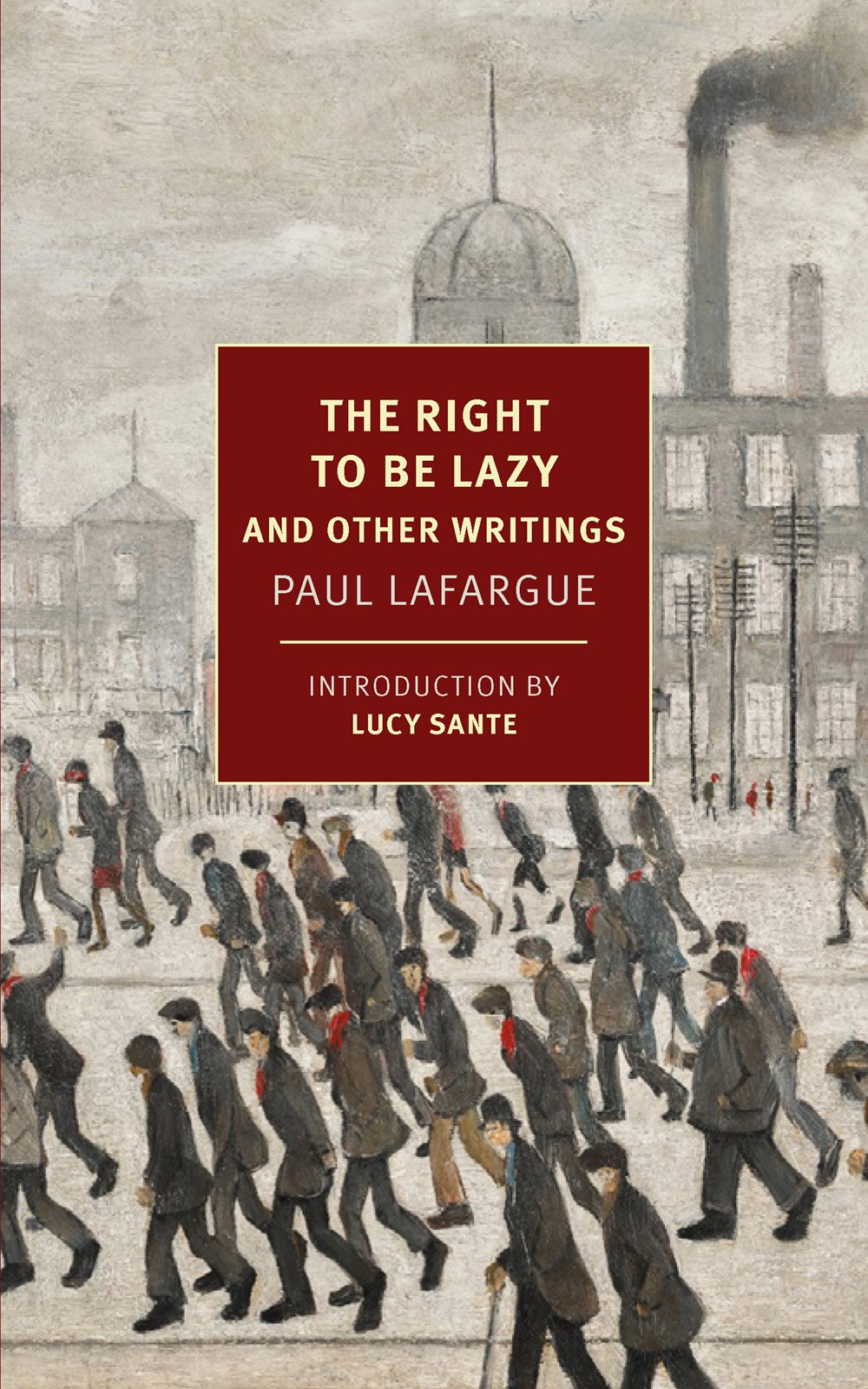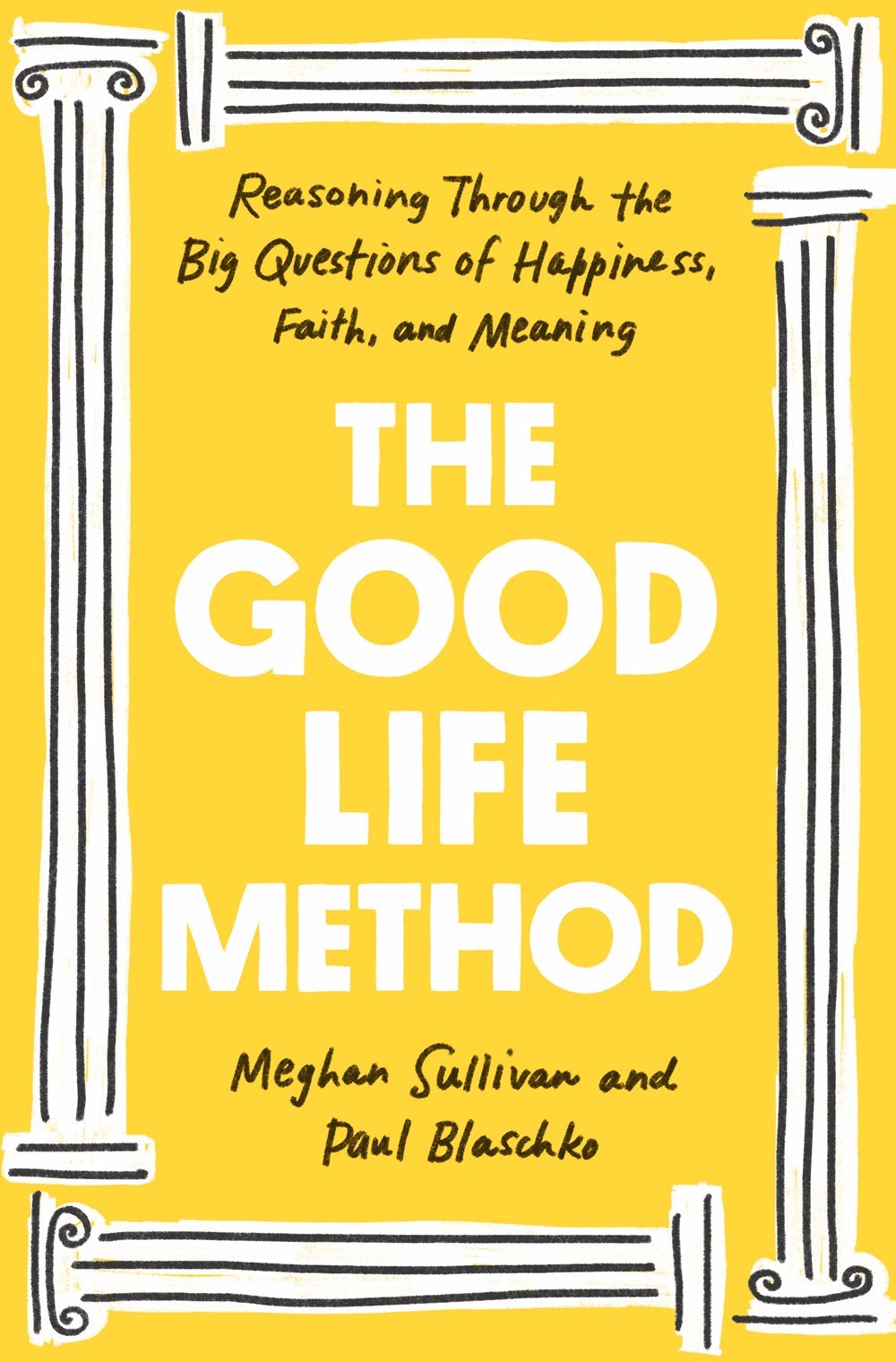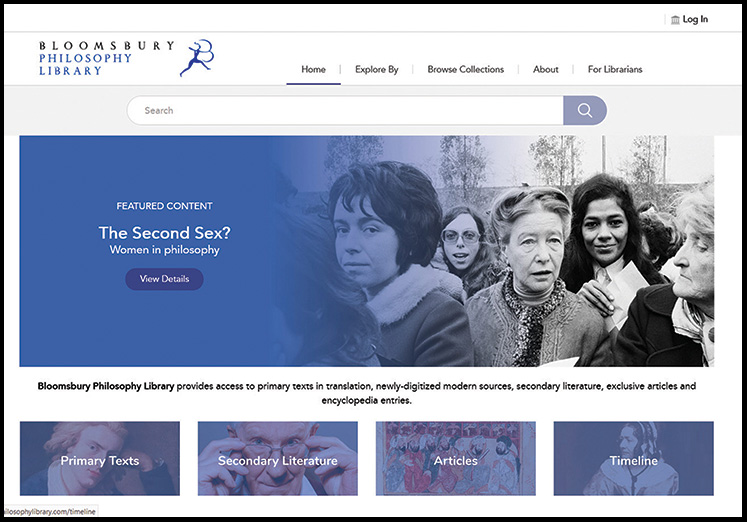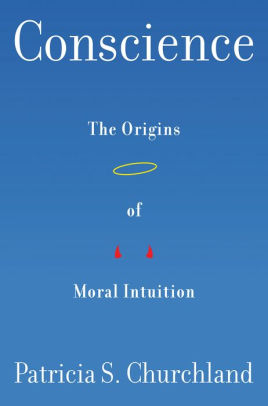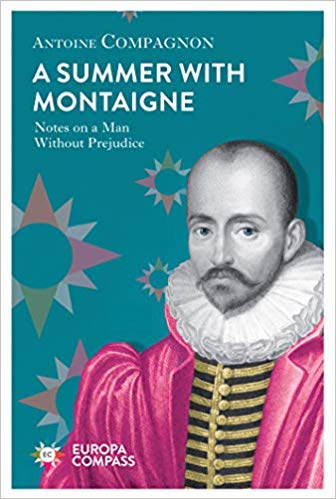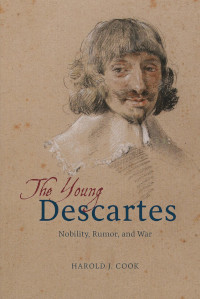Related
Ranging from performing arts memoirs to craft books to philosophy, this large section of the Book Review featured a number of outstanding titles in the first half of 2024.
Perennially debated, puzzled over, critiqued, and lauded, Weil’s impassioned contribution to the philosophy of human flourishing gathers resonance in a polarized world out of balance. Essential.
Best for academic and public libraries where psychological or philosophical works are popular. This will attract readers eager to delve into forgiveness in its many forms.
A sly, irreverent sibling to The Communist Manifesto, LaFargue’s argument against our willing servitude to what we’d now call hustle culture and growth-at-all-costs is as trenchant and necessary as the day it was written, if not more so.
PREMIUM
Perjury and Pardon: Vol. 1
Full of advanced-level philosophical content, this volume is for strong humanities and philosophy collections only.
Cleary brings a modern and neglected voice in applied ethics to a level that readers have recently seen with Aristotle and the Stoics.
Recommended for those interested in improving their lives through an intellectual approach grounded in the realities of life in today’s challenging world.
A still-growing collection of 17th-, 18th-, 19th-, and 20th-century philosophy texts, plus a 6,500-entry Encyclopedia of Philosophers. It’s a viable resource for students, teachers, and researchers of philosophy, particularly Western philosophy, thanks to its easy navigation, multiple ways to access content, and numerous search features.
PREMIUM
The Handy Western Philosophy Answer Book: The Ancient Greek Influence on Modern Understanding
Although the language is lucid, these complex philosophies are explicated rather than simplified, and math and abstract concepts make this work more challenging than other “Handy” offerings. Motivated readers will find the subject admirably expounded.
Conveniently providing primary sources with clear, pertinent analysis, this volume will be useful to students, policymakers, and even interested nonspecialists.
Engelland succeeds very well in conveying what phenomenology is all about, and readers interested in Continental philosophy, from undergraduates to experienced professionals, will benefit from this comprehensive introduction.
This book is a tapestry of contrasts and conjunctions; both colorful and elegant, juxtaposing smooth and rough in a narrative structure that surprises, explains, and compels readers ever forward. Highly recommended.
Weiner offers bubble gum philosophy that provides a quick, sweet taste and occasionally implies that the jaw exercise of chewing on philosophically challenging concepts is not rewarding. Readers seeking travelog will feel shortchanged, but those looking for lite insights will be drawn in gradually from the shallow (getting out of bed and walking) to the deep end (ageing and death).
In the end, Cottingham’s humane philosophy is like an enjoyable conversation with a friend about an important, personal topic. While nonreligious readers may be irritated by his theism, and religious readers will wish for a more vigorous embrace of a supernatural immortality, all will feel engaged by a warm and thoughtful scholar, always ready to draw inspiration from Romantic poets, early modern philosophers and thoughtful writers. Recommended.
Readers looking to learn more about the thinker, as well as those seeking an introduction, will find this creative work appealing.
While ultimately Nelson is unable to refute nonideal critiques of his position, even readers leery of his conclusions will learn much from his attempt.
The presentation of this work may appeal to some readers seeking a new approach to the elusive trail of consciousness. Yet the majority of audiences will find this structure off-putting as its style further complicates an already complex topic.
PREMIUM
Becoming Beauvoir: A Life
Marked by a clear narrative contextualizing the many key figures interacting with Beauvoir across her life, as well as the international events that also touched and affected her, this biography belongs in both academic and popular philosophy collections.
Nussbaum wants to extend the “cosmopolitan tradition” to address key problems, among them international human rights, foreign aid, and asylum and immigration issues. As usual, she demonstrates the value of reading old texts in order to address contemporary concerns in this timely and well-argued contribution.
Comparable to Anthony Kenny’s A New History of Western Philosophy, this work will interest readers of philosophy and intellectual history. It aims at general audiences, but scholars will also find it valuable.
Rather than a dry chronicle of philosophers with the same old stories we’ve read before, this work offers new insight and perspective into historically significant thinkers.
Readers interested in moral philosophy and the sciences will benefit greatly from this book, which bears comparison with Richard Wrangham’s The Goodness Hypothesis. Highly recommended. [See Prepub Alert, 12/17/18.]
Agreeably useful reading in any season; as Compagnon quotes from Montaigne’s concluding essay, “Aesop, that great man, saw his master piss as he walked: ‘What then,’ said he, ‘must we drop as we run?’ Let us manage our time; there yet remains a great deal idle and ill employed.” Recommended for Montaigne scholars and general readers alike.
articles
ALREADY A SUBSCRIBER? LOG IN
We are currently offering this content for free. Sign up now to activate your personal profile, where you can save articles for future viewing



